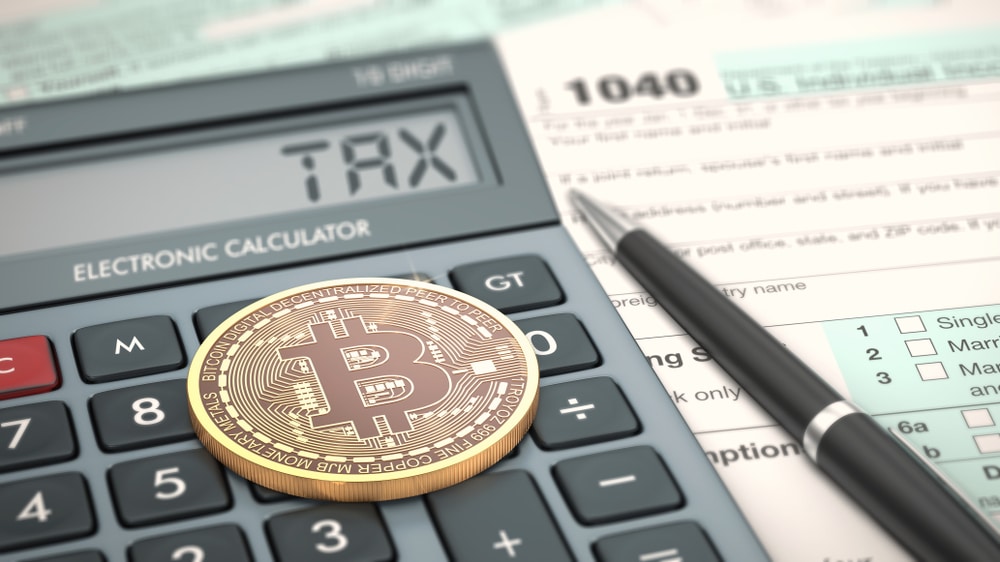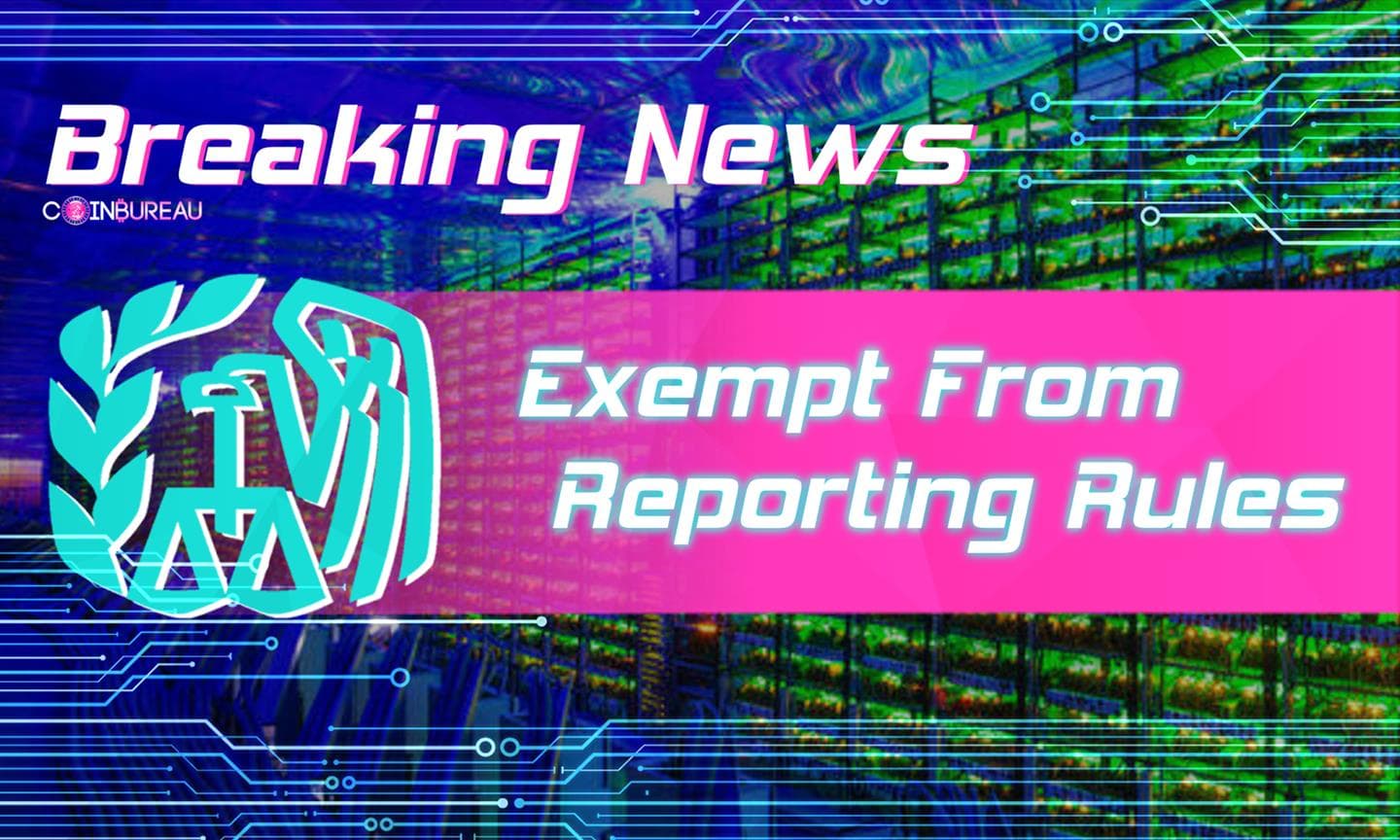Two US Senators are proposing a new rule that would enact a tax exemption on a certain amount of capital gains from crypto.
Cynthia Lummis (R, WY) and Kirsten Gillibrand (D, NY) told Yahoo Finance that they are proposing a de minimis tax exemption on crypto capital gains of $600.
“We came up with a number of $600 just start out with, but among the things that we're doing is sharing our bill draft with a number of our constituents so we can get feedback,” Lummis said. “Is $600 the right number? Should it be higher considering inflation and other factors? So yes we think there will be a de minimis exemption, but we don’t know what the amount is.”
The proposed tax exemption is part of a comprehensive bill that will attempt to establish standard definitions on cryptocurrency regulation in regard to key issues like stablecoins, privacy, and consumer protections. The senators’ bill also attempts to differentiate between crypto-assets and traditional assets like bonds or equities. According to Gillibrand, unlike a stock, crypto should be given a limited tax exemption to accommodate for its utility.
“We want to make it useable for the purpose and the use,” she said. “A lot of these entities, they’re not trying to be banks, they’re not trying to be broker-dealers. They’re not trying to be any of these terms that we use in financial services.”
“This is not like owning a stock because you're not using your stock portfolio to play a computer game online…Imagine a kid owning some cryptocurrency in a game, and if he has $40 worth of cryptocurrency, you need to have a de minimis amount so that kid’s not filing taxes. You need to have the ease of the usage.”
 Image via Shutterstock
Image via Shutterstock
With the federal government in the US being in a tighter gridlock than most countries when it comes to crypto regulation, many politicians and lobbyists have instead put their focus on state-level legislation.
However, Lummis told Politico in March that the tide could be turning in Washington, which is something her upcoming bill hopes to take advantage of.
“The federal government is catching up” to states, Lummis said. ”In the last year. I can’t tell you how big a change there is in the interest of Congress in this issue, in the advancement of the industry in beginning to help inform about what they need in terms of a regulatory framework and how government can be helpful to that, allowing for a sandbox of innovation that still has regulatory sideboards. That’s the sweet spot that Sen. Gillibrand and I are trying to create.”





